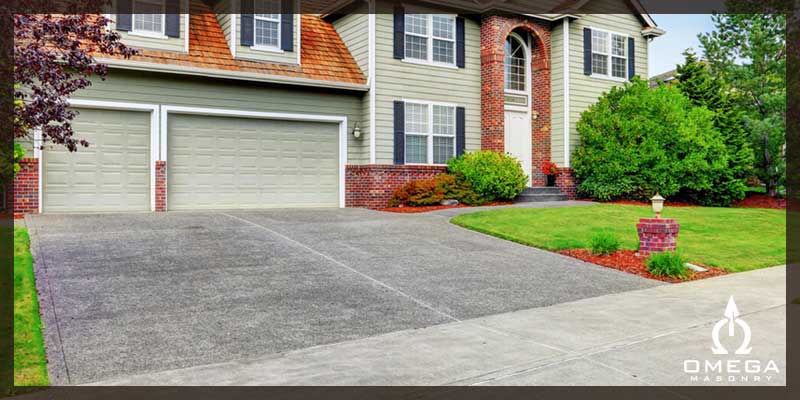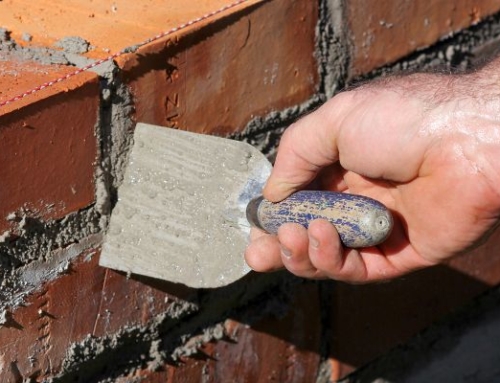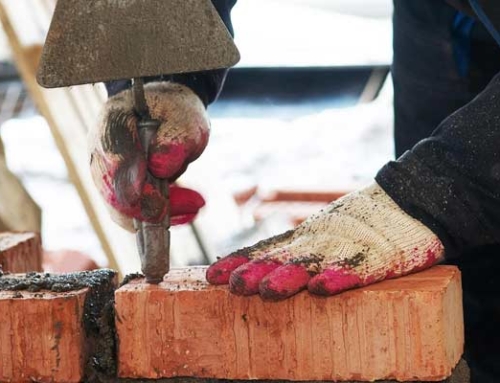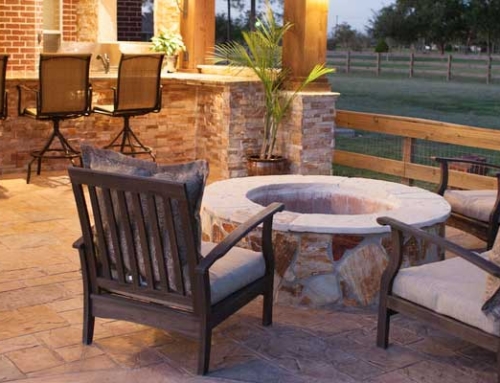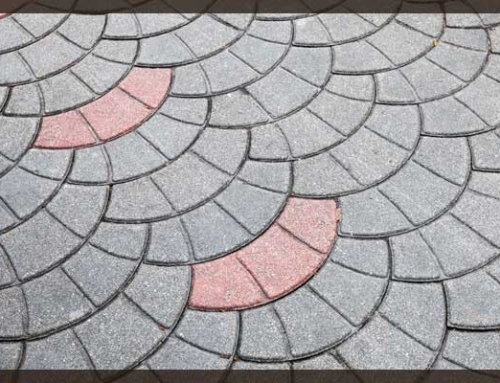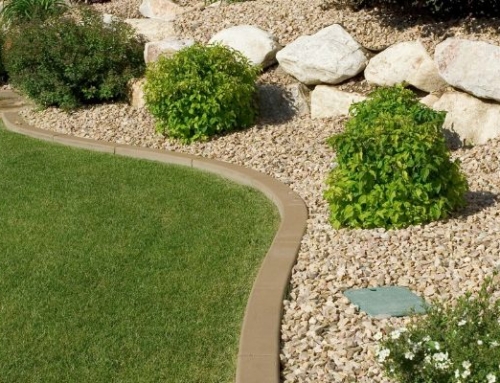Masonry structures, known for their durability and timeless appeal, can last for generations if well-maintained. However, like any other building material, masonry can deteriorate over time due to environmental factors and regular wear and tear. Masonry repair is essential for maintaining the integrity and safety of structures made of brick or stone, whether the project involves localized repairs or comprehensive restoration. Here’s a look at common signs indicating it’s time to consider masonry repair and the solutions available to address these issues.
Common Signs of Masonry Deterioration
Cracks are one of the most common indicators of masonry issues and can range from minor hairline fractures to larger gaps. These cracks may occur on both interior and exterior surfaces and are typically caused by temperature fluctuations, soil movement, or even seismic activity. If left unattended, these cracks allow moisture to infiltrate the masonry, which can lead to more significant structural issues over time. Regular inspections can help catch cracks early, and timely repairs—such as repointing or sealing—can restore stability and prevent further damage.
Water damage is another frequent problem. It often manifests as stains, discoloration, or efflorescence, which appears as white, chalky deposits on the surface of masonry. This is usually a result of faulty flashing, damaged mortar joints, or poor drainage. Water infiltration not only affects the appearance of masonry but can also cause erosion and weaken the structure. To address water damage, it’s crucial to identify and fix the underlying cause, whether that involves repairing drainage systems, applying waterproof coatings, or replacing deteriorated mortar.
The deterioration of mortar joints is another significant issue. Mortar joints are the spaces between bricks or stones that provide structural stability. Over time, mortar can deteriorate due to weather exposure, leaving gaps between bricks and creating a weathered appearance. When mortar joints begin to crumble, it’s essential to have a professional repoint the structure by replacing the old mortar with fresh, durable material. Repointing not only restores the aesthetic appeal of the masonry but also reinforces its structural integrity, preventing further problems.
Leaning or tilting walls are a more severe sign of foundation issues. This can result from factors such as soil erosion or poor construction. Leaning walls pose a significant safety risk, as they indicate that the structure may be at risk of collapse. Professional masonry repair services can stabilize and realign walls through various techniques, such as underpinning or adding reinforcement. If you notice a wall beginning to tilt, it’s critical to consult a professional as soon as possible to ensure the safety and stability of your structure.
Another common issue is loose or crumbling bricks and stones. When bricks or stones become loose, it can signal serious structural instability. Ignoring this issue may lead to dangerous situations, especially if parts of the masonry start to fall away. Professionals can carefully remove damaged materials and replace them with new bricks or stones, restoring both safety and appearance. Addressing loose or crumbling masonry quickly helps prevent accidents and further degradation of the structure.
Interior wall issues can sometimes signal external masonry problems. Symptoms such as peeling paint, damp spots, or a musty odor inside your home can indicate that moisture is seeping through the exterior masonry. This can lead to mold growth, which affects indoor air quality and can cause health issues. Tracing these symptoms back to their source is essential, and a masonry repair contractor can help identify and resolve any underlying exterior issues, whether they involve cracks, poor sealing, or faulty drainage.
Solutions to Common Masonry Problems
To address the various issues that arise with masonry, professional services are often necessary. Repairing cracked or damaged masonry typically involves sealing or repointing. During the repointing process, the damaged mortar between bricks or stones is carefully removed and replaced with fresh mortar, strengthening the masonry and restoring its visual appeal. This process is particularly useful for restoring older structures, as it preserves the original look while reinforcing the stability of the structure.
For water damage, addressing the root cause is essential. Applying waterproof coatings can help prevent further water infiltration. In some cases, it may be necessary to repair or improve drainage systems around the structure. If water damage has caused efflorescence, a professional can clean the affected areas and make necessary repairs to prevent future occurrences. In areas with high exposure to water, waterproof membranes can be installed behind the masonry to provide an added layer of protection against moisture.
Mortar joint deterioration requires specialized repair techniques. Repointing is an effective solution for restoring weakened mortar joints. By removing damaged mortar and replacing it with fresh material, repointing helps reinforce the masonry’s structural integrity. This process can also enhance the overall appearance of the structure, making it look renewed while ensuring it remains safe and stable. Properly maintaining mortar joints can prevent a host of other issues, including water infiltration and loose bricks.
When dealing with leaning or tilting walls, professional repair techniques such as underpinning or wall stabilization are often required. Underpinning strengthens the foundation by adding support beneath the structure, helping to correct issues caused by soil erosion or settling. Wall stabilization may involve inserting reinforcement rods or anchors to realign the wall and prevent further movement. Addressing foundation problems early can prevent more severe issues and preserve the stability of your structure.
Loose or crumbling bricks and stones are typically addressed through replacement. A skilled mason can remove damaged bricks or stones and replace them with new materials that match the original structure. This repair technique not only restores the masonry’s appearance but also reinforces its stability, preventing further issues. Replacing loose or crumbling materials promptly helps avoid more extensive repairs down the line, preserving the safety of the structure.
Interior wall issues resulting from external masonry problems require a comprehensive approach. A masonry contractor can assess both the exterior and interior to determine the source of moisture or structural concerns. Once the issue is identified, repairs can be made to seal cracks, improve drainage, or enhance insulation, depending on the specific problem. Taking care of these issues not only enhances the longevity of your masonry but also improves the comfort and safety of your home’s interior.
At Omega Masonry, we specialize in a wide range of masonry repair services, from addressing minor cracks to tackling more extensive structural issues. Our team is committed to preserving and enhancing the durability and beauty of your masonry structures, ensuring they stand the test of time. By addressing masonry problems early and effectively, you can protect your investment and maintain the timeless appeal of your property. For professional assessment and high-quality masonry repair services, contact Omega Masonry today.
For expert masonry solutions tailored to your needs, choose Omega Masonry, Dallas’s leading contractor. Our skilled team is equipped to handle every detail and ensure exceptional results. Contact us today to learn how we can enhance your outdoor kitchen and more!

